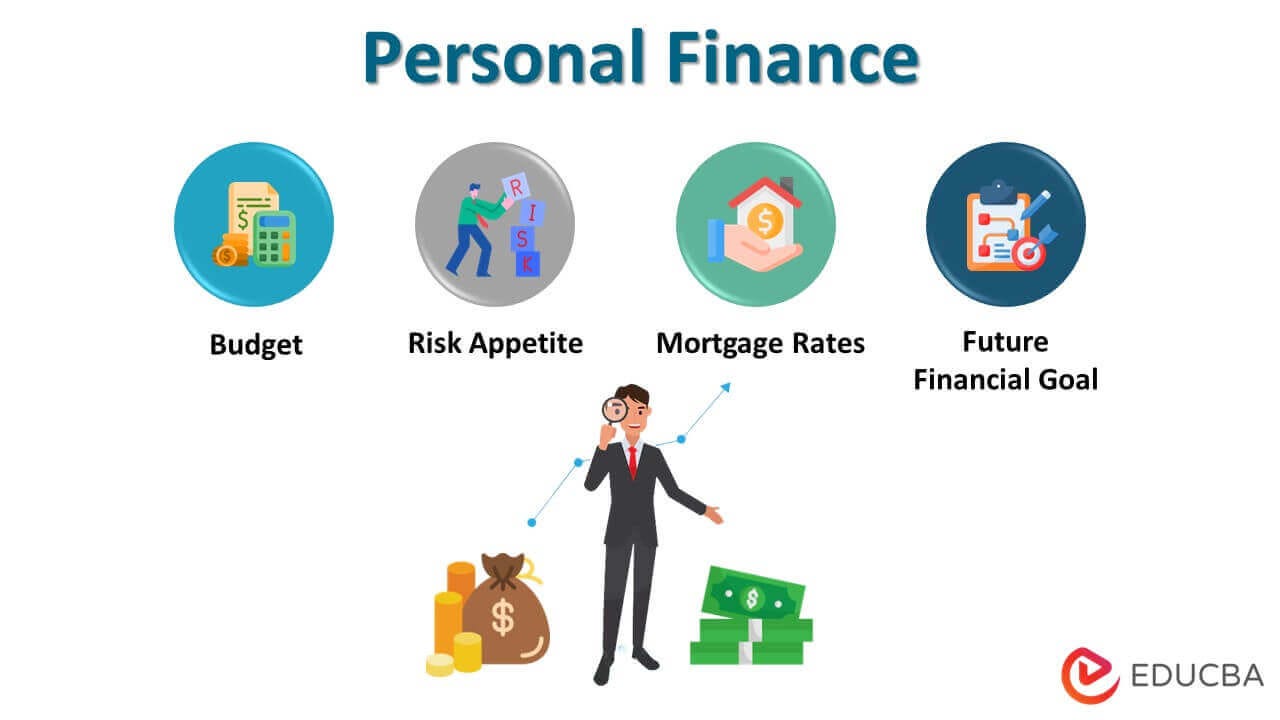Here’s a scenario that might sound familiar: You apply for a car loan, excited about driving off in your dream vehicle. Days later, you receive a rejection letter. The reason? Your credit score didn’t make the cut. You’re left wondering what went wrong and why this three-digit number holds so much power over your financial future.
Your credit score influences more than just loan approvals. It affects the interest rates you pay, the apartments you can rent, and sometimes even the jobs you can land. Understanding how credit scores work isn’t just helpful—it’s essential for building a secure financial future.
This guide breaks down everything you need to know about credit scores, from what they are to how you can improve them. Whether you’re building credit from scratch or recovering from past mistakes, you’ll find practical strategies to take control of your financial health.
What is a Credit Score?
A credit score is a three-digit number that represents your creditworthiness. Lenders use it to evaluate how likely you are to repay borrowed money. Think of it as a report card for your financial behavior.
Credit scores typically range from 300 to 850. Here’s how the ranges generally break down:
- 300-579: Poor
- 580-669: Fair
- 670-739: Good
- 740-799: Very Good
- 800-850: Exceptional
Most lenders consider a score above 670 to be good. With a score in this range, you’ll have access to better interest rates and more favorable loan terms. Scores below 580 often result in loan denials or significantly higher interest rates.
It’s worth noting that you don’t have just one credit score. The three major credit bureaus—Equifax, Experian, and TransUnion—each calculate their own scores based on the information they collect about you. These scores may differ slightly because each bureau might have different information on file.
Factors That Influence Your Credit Score
Your credit score isn’t random. It’s calculated based on five key factors, each carrying different weight:
Payment History (35%)
This is the most important factor. Lenders want to know if you pay your bills on time. Late payments, bankruptcies, and accounts sent to collections can seriously damage your score. Even one missed payment can drop your score by dozens of points.
Credit Utilization (30%)
This refers to how much of your available credit you’re using. If you have a credit card with a $10,000 limit and you’re carrying a $3,000 balance, your utilization rate is 30%. Experts recommend keeping this ratio below 30%, though lower is better. High utilization signals that you might be overextended financially.
Credit History Length (15%)
The longer you’ve had credit accounts, the better. This factor considers the age of your oldest account, your newest account, and the average age of all your accounts. Closing old credit cards can actually hurt your score by shortening your credit history.
Credit Mix (10%)
Having different types of credit—such as credit cards, auto loans, and mortgages—shows lenders you can manage various forms of debt responsibly. You don’t need every type of credit, but a healthy mix can help your score.
New Credit (10%)
Opening several credit accounts in a short period can lower your score. Each time you apply for credit, lenders perform a hard inquiry, which temporarily dings your score. Multiple inquiries within a short timeframe suggest you might be taking on too much debt.
How Credit Scores Impact Your Financial Health
Your credit score reaches into nearly every corner of your financial life. Here’s how:
Interest Rates
A higher credit score translates directly into lower interest rates. Someone with a score of 760 might qualify for a mortgage rate of 6%, while someone with a score of 620 might face rates of 7.5% or higher. Over the life of a 30-year mortgage, that difference can cost tens of thousands of dollars.
Loan Approval
Lenders use credit scores to decide whether to approve your application. Low scores mean higher risk, and many lenders won’t take that chance. Even if you do get approved with a poor score, you’ll likely face stricter terms and conditions.
Insurance Rates
Many insurance companies check credit scores when setting premiums for auto and homeowners insurance. They’ve found correlations between credit scores and the likelihood of filing claims. A poor credit score could mean paying hundreds more per year in insurance costs.
Renting
Landlords routinely check credit scores during the application process. A low score might result in rejection, or the landlord might require a larger security deposit or a co-signer. Some landlords are more flexible than others, but a strong credit score makes the process smoother.
Employment
Certain employers—particularly those in finance or positions requiring security clearances—check credit reports as part of background checks. While they can’t see your actual score, they can review your credit history. Significant debt or financial mismanagement might raise red flags about your reliability.
How to Improve Your Credit Score
Improving your credit score takes time, but these strategies will put you on the right path:
Pay Bills on Time
Set up automatic payments or calendar reminders to ensure you never miss a due date. Even small bills matter. Payment history is the single biggest factor in your score, so consistency is crucial.
Lower Credit Utilization
Pay down existing balances and avoid maxing out your cards. If you can’t pay off your balance completely, try to keep it below 30% of your limit. Another option is to request a credit limit increase, which automatically improves your utilization ratio (as long as you don’t increase your spending).
Check Your Credit Report Regularly
Errors on your credit report can drag down your score unfairly. You’re entitled to one free credit report every 12 months from each of the three major bureaus through AnnualCreditReport.com, the only official site authorized by federal law. Review your reports carefully and dispute any inaccuracies you find.
Avoid Opening Too Many Accounts
Only apply for new credit when you genuinely need it. Each hard inquiry temporarily lowers your score, and too many new accounts signal financial instability.
Become an Authorized User
If you have a family member or trusted friend with excellent credit, ask if they’ll add you as an authorized user on their account. Their positive payment history can help boost your score. Just make sure they maintain good habits—their missteps will affect you too.
Common Myths About Credit Scores
Misinformation about credit scores is everywhere. Let’s clear up some common misconceptions:
Myth: Checking your credit score lowers it.
Truth: Checking your own score is considered a soft inquiry and doesn’t affect your credit. Only hard inquiries from lenders can impact your score.
Myth: Closing old credit cards helps your score.
Truth: Closing accounts can actually hurt your score by reducing your available credit and shortening your credit history.
Myth: You need to carry a balance to build credit.
Truth: Paying off your balance in full each month is ideal. You build credit simply by using your card and making on-time payments.
Myth: Income affects your credit score.
Truth: Your salary doesn’t factor into your credit score calculation. Lenders may consider your income separately when evaluating loan applications, but it’s not part of the score itself.
Resources for Checking Your Credit Score
Monitoring your credit regularly helps you spot problems early and track your progress. Here are some trusted resources:
AnnualCreditReport.com: This is the only official site explicitly directed by federal law to provide free credit reports. You can request one report from each of the three bureaus every 12 months. Regular checks ensure the information stays accurate and help you catch signs of identity theft.
Credit Karma: Offers free credit score monitoring and updates from TransUnion and Equifax. The platform also provides personalized recommendations for improving your score.
Credit Sesame: Another free service that monitors your credit score and sends alerts about changes to your report.
Remember, while these services show your score, checking your full credit report at least once a year is essential for spotting errors and fraudulent accounts.
Frequently Asked Questions
How often should I check my credit report?
You should check your credit report at least once a year from each of the three major bureaus. Many experts recommend staggering your requests—pulling one report every four months—so you can monitor your credit throughout the year. If you’re actively working to improve your score or suspect identity theft, check more frequently.
What is a good credit utilization ratio?
Aim to keep your credit utilization below 30% of your total available credit. However, the lower, the better. People with the highest credit scores often maintain utilization rates below 10%. If you have a $5,000 credit limit, try to keep your balance under $1,500, ideally much lower.
How long does it take to improve a credit score?
This depends on your starting point and the issues dragging down your score. If you start making on-time payments and reduce your credit utilization, you might see improvements within a few months. However, more serious issues like bankruptcies or foreclosures can take years to fully recover from. Consistency is key—keep practicing good habits, and your score will gradually improve.
What should I do if I find an error on my credit report?
Contact the credit bureau that issued the report with the error. File a dispute online, by mail, or by phone, and provide documentation supporting your claim. The bureau must investigate within 30 days and correct any verified errors. It’s also smart to notify the creditor who reported the incorrect information.
Take Control of Your Credit Health
Your credit score is more than just a number—it’s a reflection of your financial habits and a key that unlocks opportunities. Understanding what influences your score and how to improve it puts you in the driver’s seat of your financial future.
Start by requesting your free credit reports from AnnualCreditReport.com. Review them for errors, identify areas for improvement, and commit to the strategies outlined here. Building excellent credit doesn’t happen overnight, but every on-time payment and responsible decision moves you closer to your goals.
Whether you’re planning to buy a home, start a business, or simply want the peace of mind that comes with financial stability, a strong credit score is one of the most valuable assets you can build. Take action today, and watch your financial health transform.







Leave a Reply